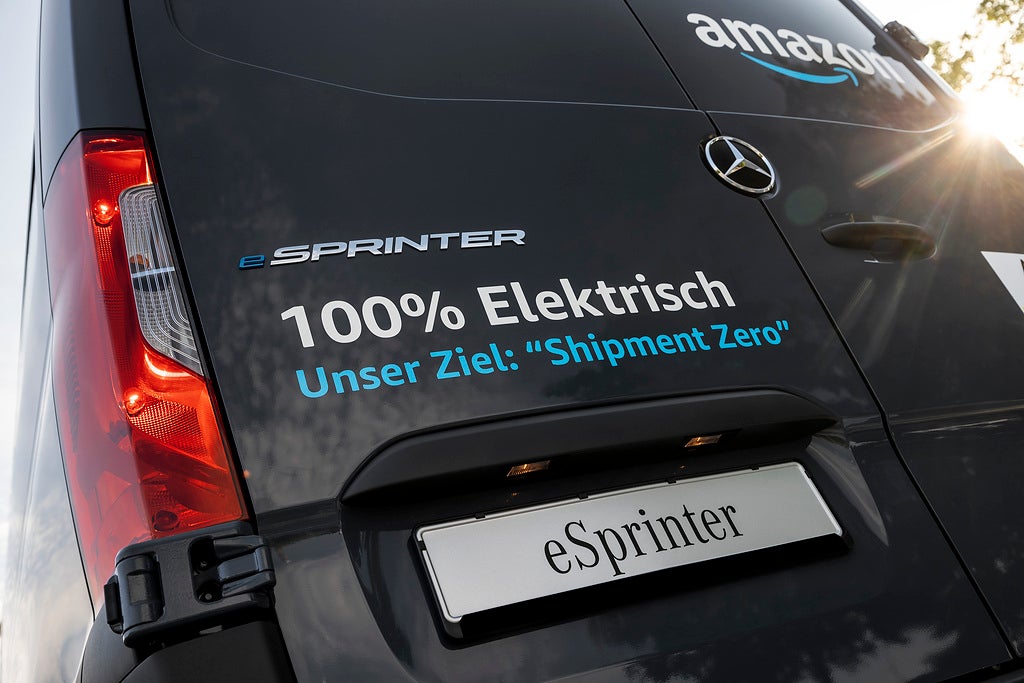
Italy, Portugal, Slovakia, Bulgaria and Romania want to delay a European Union plan to effectively ban the sale of new petrol and diesel cars from 2035 by five years, according to a document seen by the Reuters news agency.
The policy is a key pillar of the EU’s plans to tackle rising transport emissions and speed the shift to electric vehicles, as the bloc strives to cut economy-wide net greenhouse gas emissions 55% by 2030, from 1990 levels.

Discover B2B Marketing That Performs
Combine business intelligence and editorial excellence to reach engaged professionals across 36 leading media platforms.
The car emissions proposal, made by the European Commission last year, would require a 100% reduction in CO2 emissions from new cars by 2035, making it impossible to sell fossil fuel-powered vehicles in the EU from that date.
Ministers from EU countries plan to agree their position this week, before negotiating the final law with the EU parliament which supported the 2035 ban in a vote this month, Reuters noted.
In a paper circulated among EU states, the five countries called instead for a 90% car CO2 cut by 2035 and a 100% target by 2040. They said light commercial vehicles should meet an 80% CO2 cut by 2035 and 100% by 2040, rather than the 100% reduction by 2035 proposed by the commission.
“Adequate and tailored transition periods need to be established,” the paper reportedly said, citing the need to expand charging infrastructure.
A Bulgarian official, who did not wish to be named, told Reuters climate policies needed to consider economic and social factors such as the “the significant differences” in purchasing power between EU countries.
Brussels said the 2035 date was crucial because the average lifespan of new cars is 15 years – so a later ban would stop the EU reaching net zero emissions by 2050, the global milestone scientists say would avert disastrous climate change.
Some EU governments have rallied behind the 2035 target, but Germany’s finance minister said last week the EU’s biggest car market would not support it.
Ford and Volvo Cars have publicly supported the plan while Volkswagen aims to stop selling combustion engine cars in Europe by 2035. But industry groups including the European Automobile Manufacturers’ Association have opposed the 2035 target, citing concerns including the uncertain rollout of chargers.
The EU is negotiating another law requiring countries to install millions of vehicle chargers this decade, Reuters noted.






